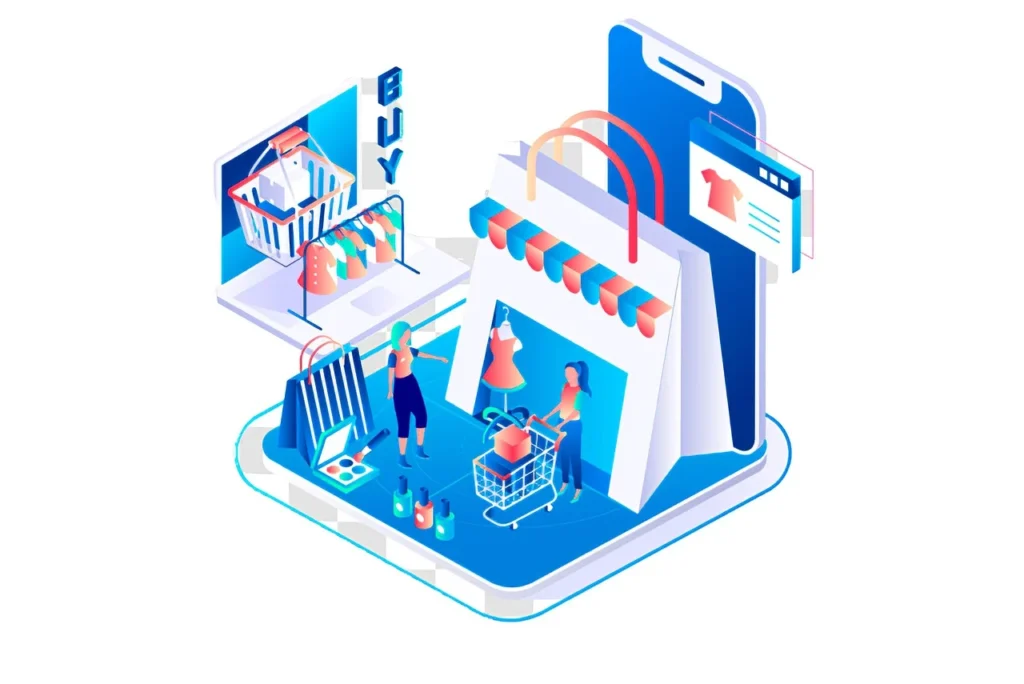The Future of AI in Ecommerce

Future of AI in Ecommerce Artificial Intelligence (AI) continues to revolutionize ecommerce by offering innovative solutions to enhance customer engagement, streamline operations, and boost revenue. As we look to the future, the integration of AI in ecommerce is set to deepen, presenting transformative opportunities for businesses. Let’s explore the predictions and trends that will shape […]
Why Ecommerce AI First Party Data is Critical

The Shift to AI Ecommerce First Party Data As businesses prepare for a cookie less future, the importance of ai ecommerce first party data is growing. With the decline of third party cookies due to privacy concerns and regulatory scrutiny, e-commerce businesses are turning to AI powered tools to harness the value of first-party data. […]

